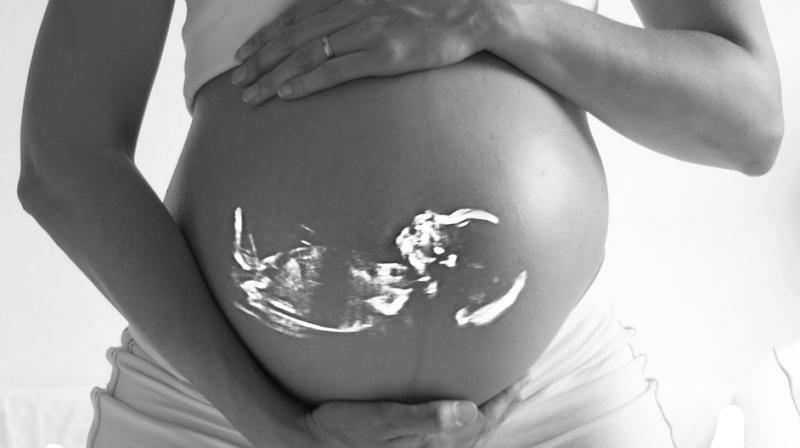Blood test may identify alcohol disorders in foetus: study
However infants with similar amounts of prenatal alcohol exposure may have vastly different outcomes.

Los Angeles: Researchers, including one of Indian origin, have identified a blood test that may help predict how severely a newborn can be affected by alcohol exposure during pregnancy.
The findings could facilitate early intervention to improve the health of infants and children who were prenatally exposed to alcohol, researchers, including those from University of California San Diego in the US, said. Fetal alcohol syndrome is a severe form of a spectrum of mental and physical disabilities called foetal alcohol spectrum disorders (FASD) that can affect children's development with long-lasting consequences.
In the US and Western Europe, it is estimated that 2 to 5 per cent of school-age children are affected by FASD. In some parts of the world, the number is higher.
Children and adults affected by FASD may experience a range of symptoms, from physical changes like a small head and subtle differences in facial characteristics to learning difficulties and behavioural issues.
Despite widespread prevention guidelines, drinking during pregnancy still occurs, in part because roughly half of pregnancies in the US are unplanned and many women may not realise that they need to stop consuming alcohol before harm
occurs. "It is a huge problem, but we might not realise the full scope because infants born with normal-looking physical features may be missed, making many cases difficult to diagnose early," said Rajesh Miranda, professor in the Texas
A&M College of Medicine.
Seeking to develop a predictive test using biomarkers, researchers looked at birth outcomes for 68 pregnant women enrolled in the study at two perinatal care clinics in western Ukraine. The team obtained detailed health and alcohol consumption histories and second and third trimester blood samples from each woman.
The results indicated that moderate to high levels of alcohol exposure during early pregnancy resulted in significant differences in some circulating small RNA
molecules called microRNAs (miRNAs) in maternal blood. These differences were particularly notable in mothers whose infants showed some physical or neurobehavioral signs of alcohol effects in the first 12 months of life.
"Collectively, our data indicate that maternal plasma miRNAs may help predict infant outcomes and may be useful to classify difficult-to-diagnose FASD subpopulations," Miranda said. Part of the reason FASD can be difficult to diagnose is because infants with similar amounts of prenatal alcohol exposure may have vastly different outcomes. The study was published in the journal PLOS ONE.

